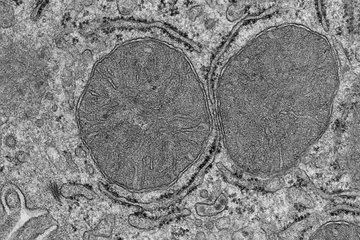Stress affects brain’s blood flow
In response to acute stress the regulation of blood flow changes in various brain regions
Several imaging studies suggest a link between chronic stress and changes in brain regions that coordinate the stress response. Acute stress responses can be adaptive, but chronic stress can trigger psychiatric disorders. To help determine what shifts the balance, scientists from the Max-Planck-Institute of Psychiatry in Munich sought to explore the interaction between acute stress and neurovascular coupling, a process that regulates blood flow to parts of the brain based on metabolic needs generated by their neural activity.
Using fMRI, they indirectly observed changes in blood flow in the brains of 59 study participants while subjected to a standard test intended to elicit psychosocial stress. The results showed that the peak latency of the hemodynamic response function (HRF) increased in several brain regions, including temporal and prefrontal cortex, indicating changes in blood flow regulation in response to acute stress.
Further analysis showed that genetic differences in the expression of KCNJ2, a human analog of a gene that regulates neurovascular coupling under stress in rats, was associated with HRF changes. According to the authors, understanding changes in the HRF response could potentially aid in assessing an individual’s risk for stress-related illness.











